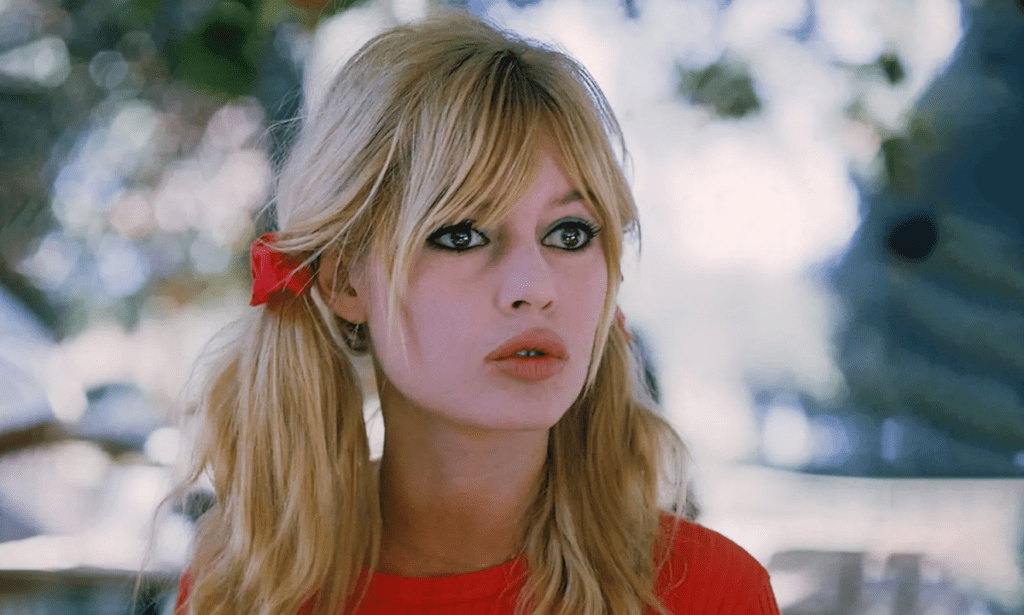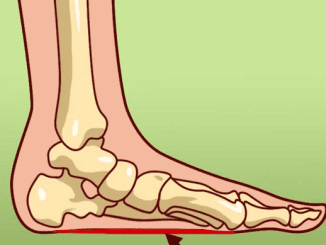Brigitte Bardot, a name synonymous with beauty and rebellion, has left an indelible mark on both the entertainment industry and the world of animal rights. Born on September 28, 1934, in Paris, this multifaceted talent has worn many hats—actress, singer, model, and activist. Even decades after her retirement from acting in 1973, Bardot continues to inspire generations as a pop culture icon.

A Star is Born: Early Life and Aspirations
Raised in the vibrant city of Paris, Bardot initially dreamed of becoming a ballerina, showcasing her artistic talent from a young age. However, her journey took an unexpected turn when she ventured into acting in 1952. This decision would catapult her into the limelight and redefine the norms of femininity and sexuality in cinema.
The Rise to Fame
Bardot’s breakthrough came in 1957 with her captivating performance in And God Created Woman. This film not only established her as a leading actress but also earned her the title of the “sex kitten,” a label that would follow her throughout her career. French intellectuals and critics hailed her as a revolutionary figure, with philosopher Simone de Beauvoir describing her as a “locomotive of women’s history” in her influential essay, The Lolita Syndrome.
A Career of Impact
Throughout her career, Bardot starred in 47 films, released several musicals, and produced over 60 songs. Her work transcended mere entertainment—she became a symbol of the sexual revolution, challenging societal norms and encouraging women to embrace their sexuality.
Awards and Recognition
Bardot’s talent did not go unnoticed. In 1961, she received the David di Donatello Award for Best Foreign Actress for her role in The Truth, and she was nominated for a BAFTA Award for Best Foreign Actress for her performance in Viva Maria! (1965). Even French President Charles de Gaulle acknowledged her significance, remarking that she was as vital an export for France as Renault cars.

Retirement and Activism
Despite her monumental success, Bardot chose to retire from the entertainment industry in 1973, redirecting her energy towards animal rights activism. Her passion for animals led to the establishment of the Brigitte Bardot Foundation in 1986, dedicated to the protection of animal rights.
A Voice for the Voiceless

Bardot’s advocacy work has been both impactful and controversial. She has spoken out against animal cruelty, promoting awareness and legislation to protect animals worldwide. Her commitment to this cause earned her both admiration and criticism, as she often does not shy away from expressing her strong opinions on various issues.
Legacy of an Icon
Brigitte Bardot’s influence extends far beyond cinema. She remains a symbol of femininity, freedom, and animal rights. Her life story inspires many, showcasing the power of resilience and the importance of standing up for one’s beliefs.

Cultural Impact
Even today, Bardot’s image and legacy continue to resonate in popular culture. From fashion to film, her style and persona have inspired countless artists and creators. She has become a muse for designers and filmmakers, representing an era of liberation and self-expression.
Conclusion
Brigitte Bardot is more than just an actress; she is a cultural phenomenon. From her daring roles that challenged societal norms to her passionate activism for animal rights, Bardot embodies the spirit of a true icon. As we celebrate her life and contributions, it’s clear that her legacy will endure, inspiring future generations to embrace their identities and fight for their passions. Whether as a star of the silver screen or a champion for animals, Bardot’s impact is undeniable, reminding us all of the power of individuality and compassion.


